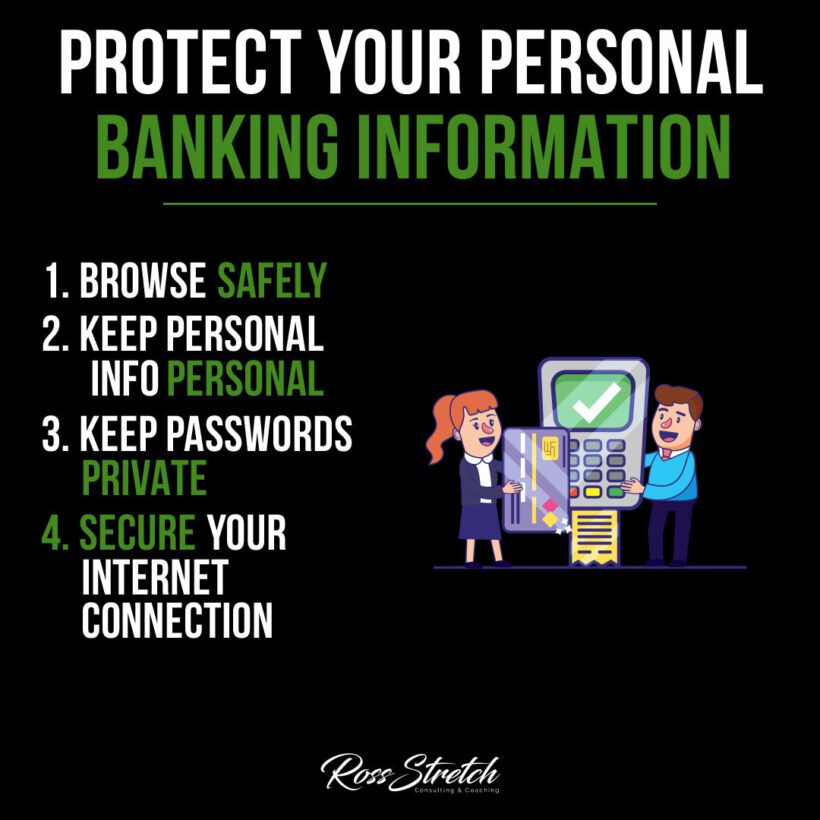In our modern, interconnected era, the Internet is both a treasure trove of convenience and a minefield of risks. Chief among these risks is the security of our personal banking information. Every day, cyber-criminals innovate new methods to bypass digital defenses, seeking access to unsuspecting users’ financial details. Fortunately, with mindful practices and informed decisions, individuals can significantly reduce these risks and protect their hard-earned money.
- Navigating the Digital Landscape: The Importance of Safe Browsing
Browse Safely: It all starts with safe browsing. Avoid visiting suspicious or unfamiliar websites, especially those that deal with financial transactions. Ensure the URL begins with ‘https://’ – the ‘s’ stands for secure, denoting the use of encryption. Utilize reliable browsers and always keep them updated to defend against the latest threats. - Guarding the Gateway: Personal Information is the First Line of Defense
Keep Personal Info Personal: Never underestimate the value of your personal information. Cyber attackers often use bits of personal data to craft convincing phishing attacks. Always be cautious about where and how you share personal details, especially on social platforms and public forums. - The Digital Key: The Strength and Secrecy of Passwords
Keep Passwords Private: Passwords are like the keys to your digital house. Use strong, unique passwords for different online accounts, combining upper and lowercase letters, numbers, and symbols. Avoid easily guessable passwords like ‘123456’ or ‘password’. Also, consider using a trusted password manager to store and generate strong passwords. - Your Personal Shield: Enhancing Security with an Encrypted Connection
Secure Your Internet Connection: An unsecured internet connection is like an open door for hackers. Always use a secured Wi-Fi connection, preferably with WPA3 encryption. For extra security, especially when on public networks, use a Virtual Private Network (VPN) to encrypt your online activities. - Stay Vigilant: Regularly Monitor Account Activities
Routine checks on your bank statements and online accounts can alert you to any unauthorized transactions. If something seems amiss, contact your bank immediately. - Two-Step to Safety: Embrace Two-Factor Authentication
Most online banking platforms now offer two-factor authentication (2FA). This adds an extra layer of security by requiring two forms of identification before granting access.
In Conclusion, while the digital age brings unparalleled convenience to banking, it also introduces an array of security challenges. By following best practices and staying informed, individuals can enjoy the benefits of online banking while ensuring their personal financial information remains secure.


